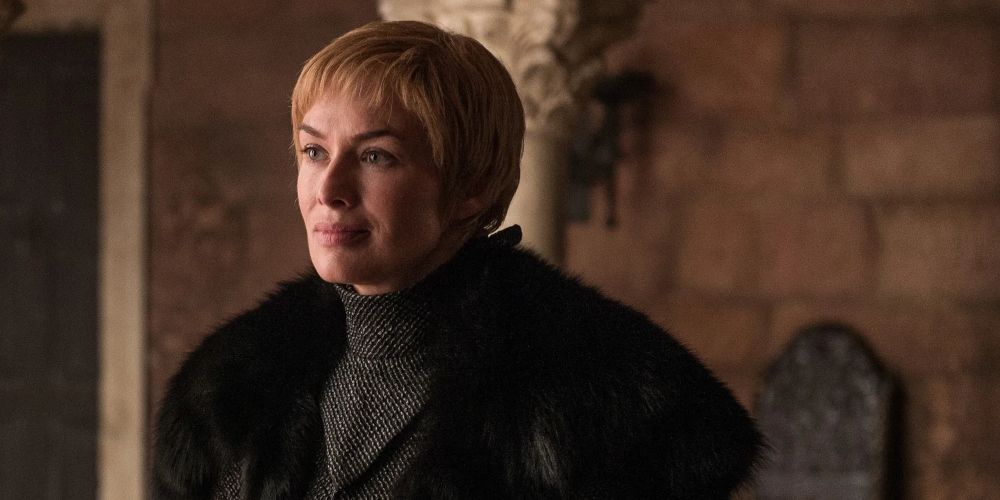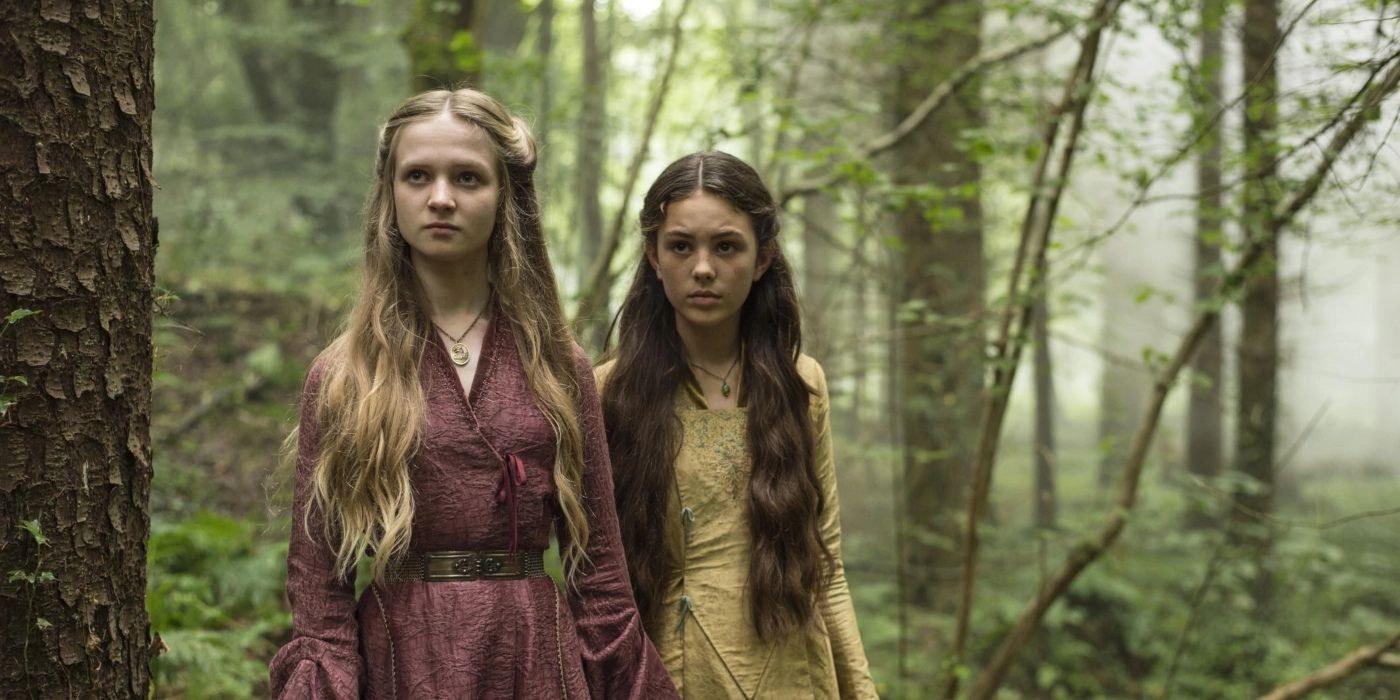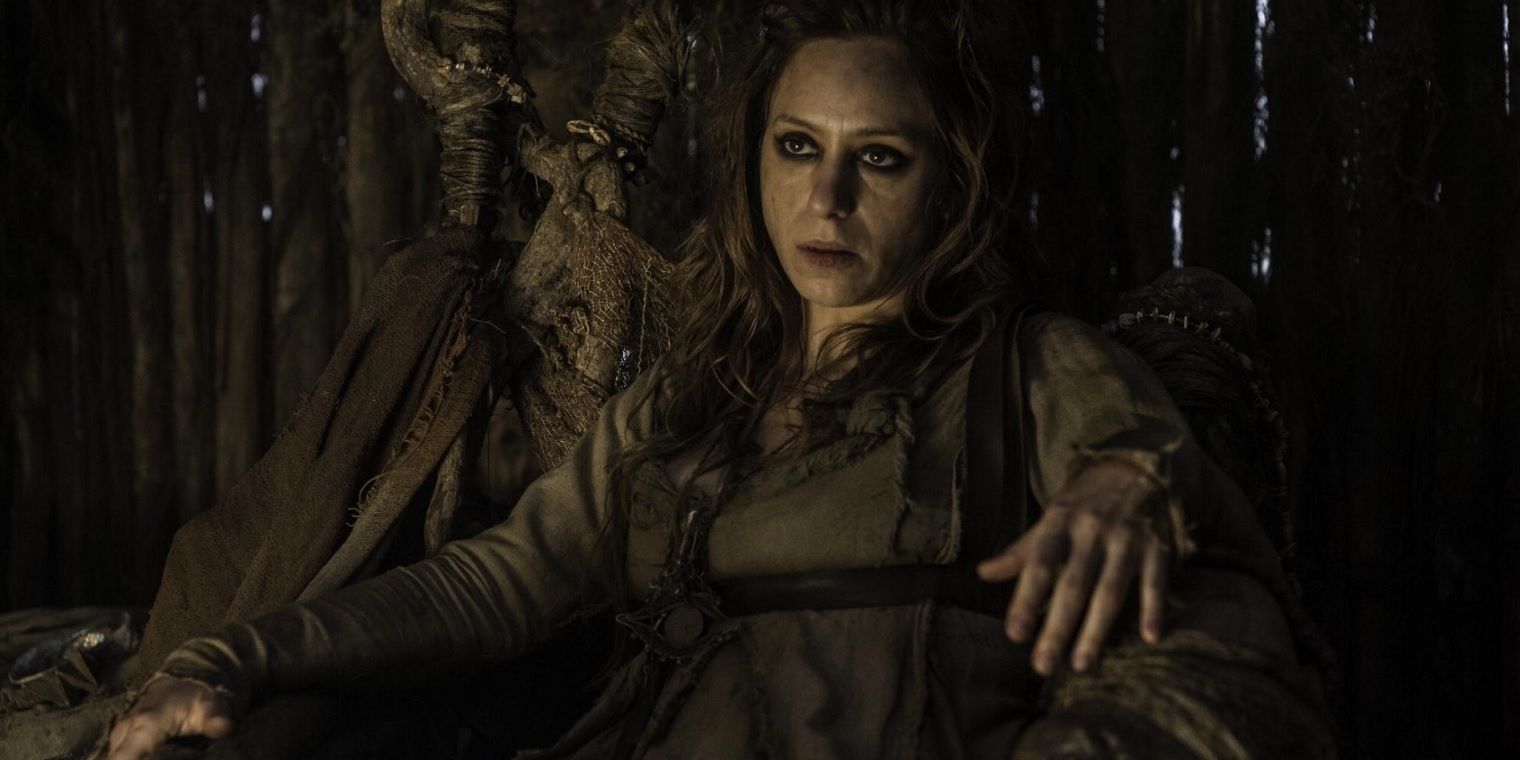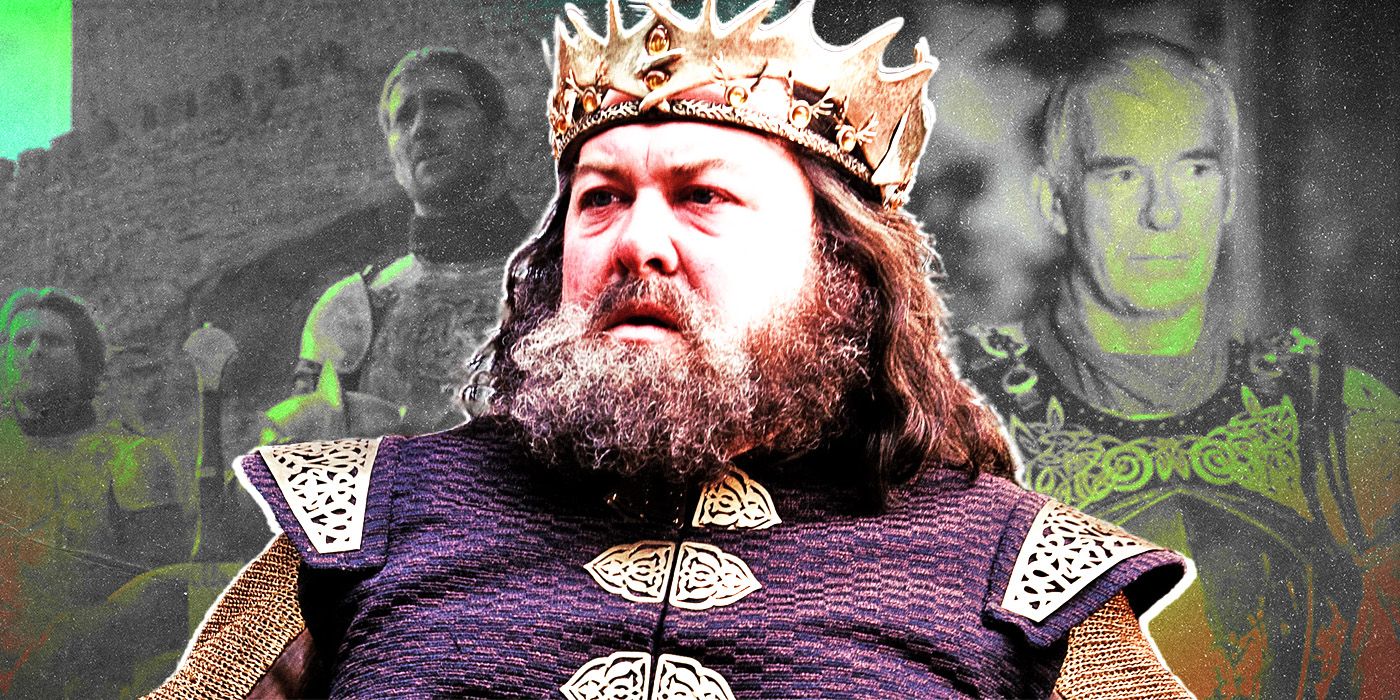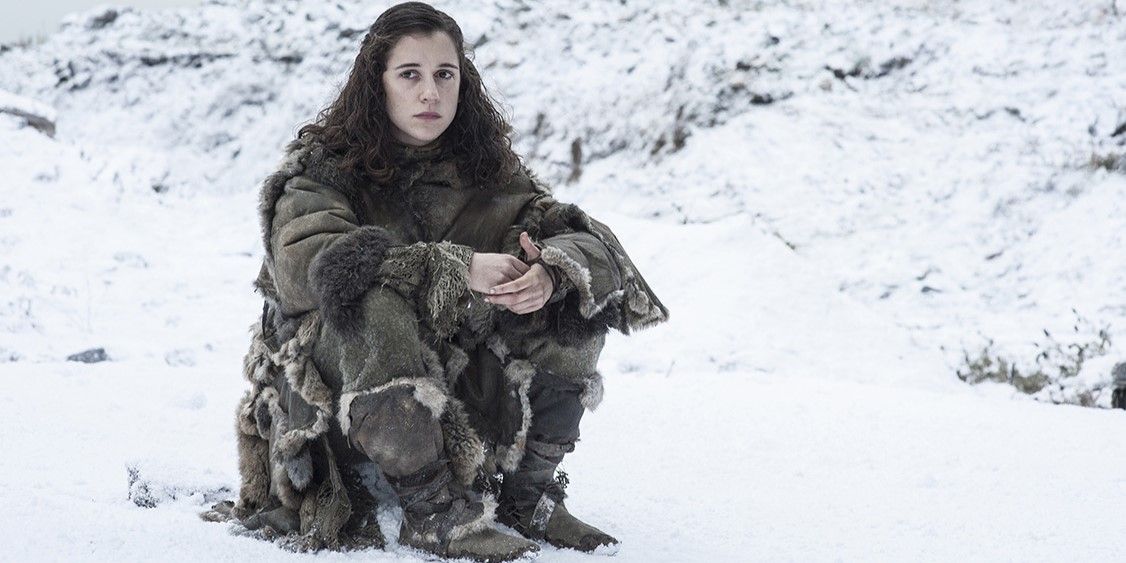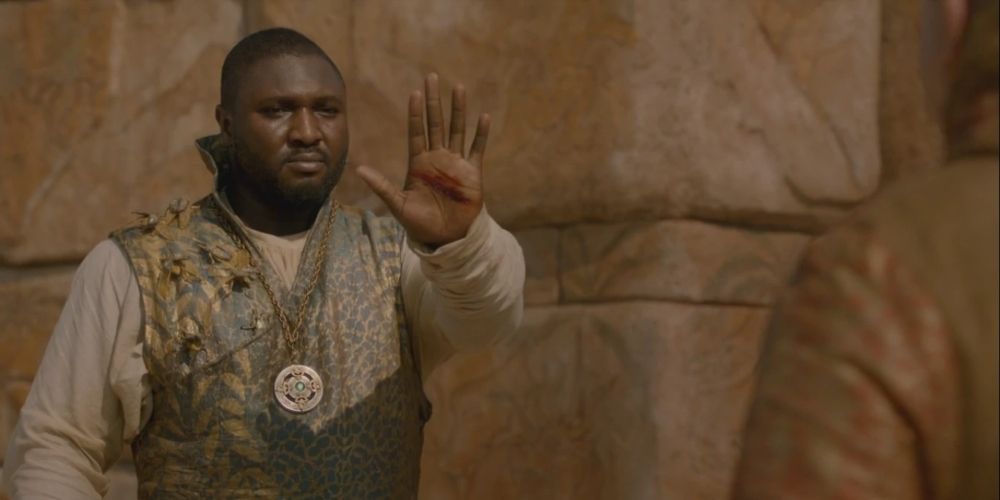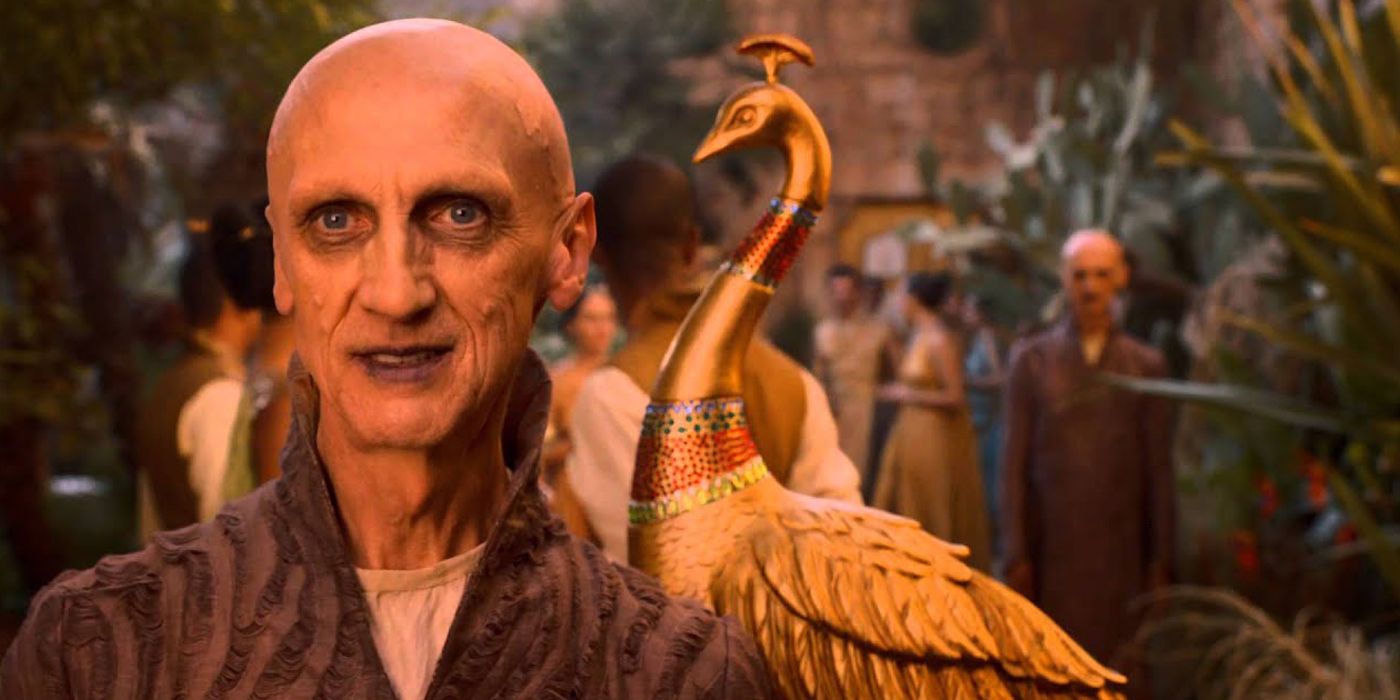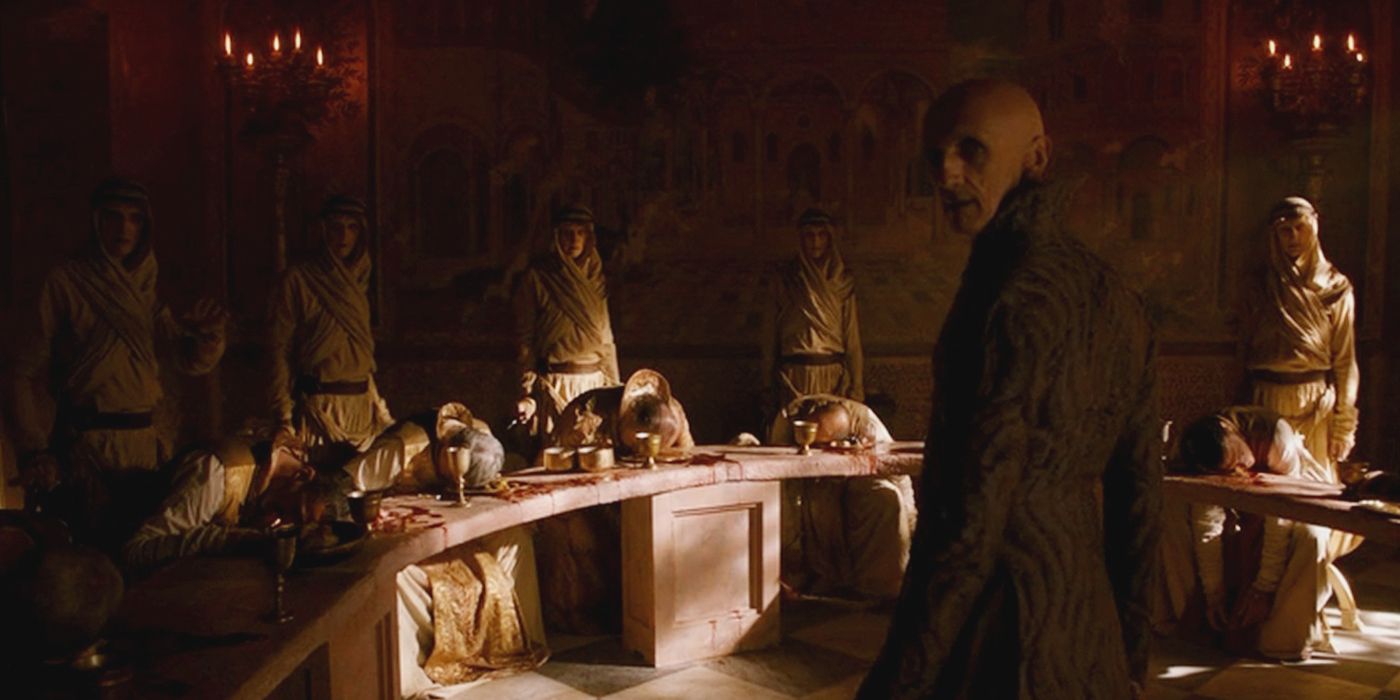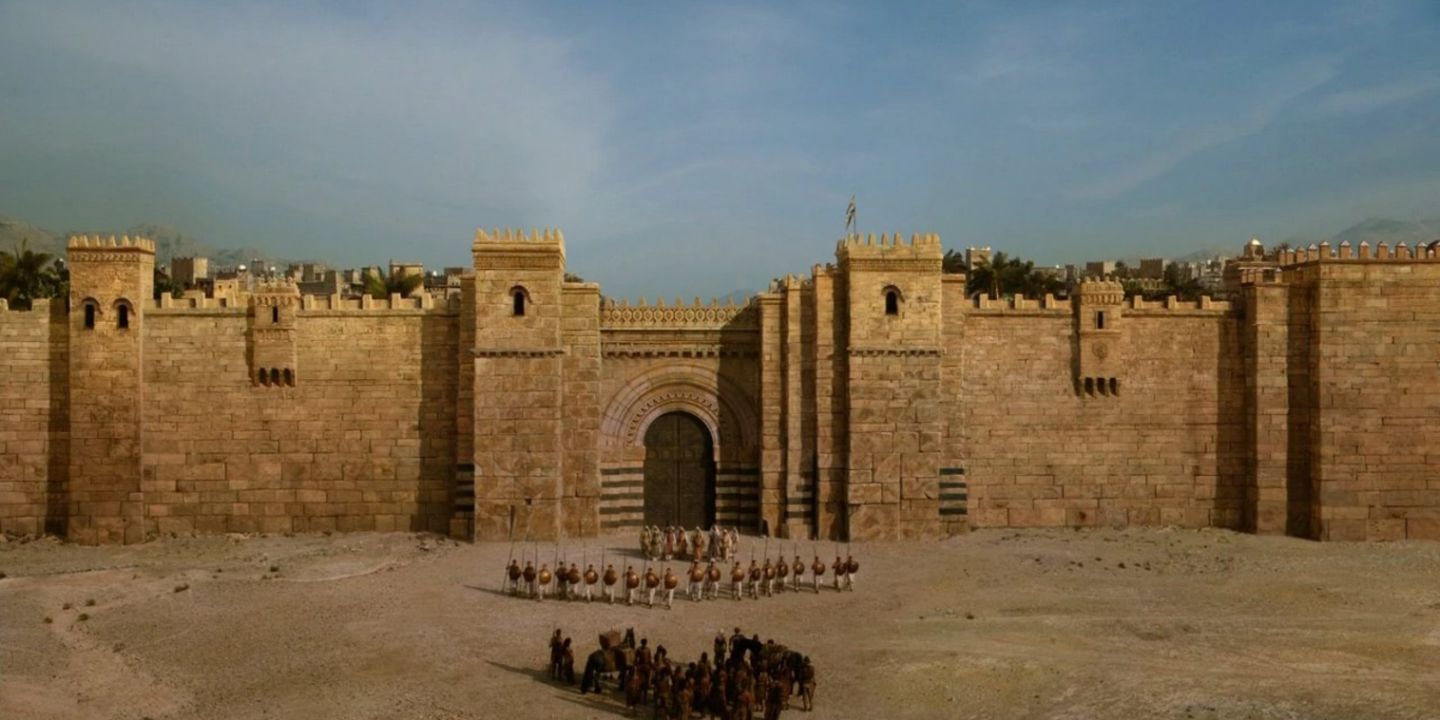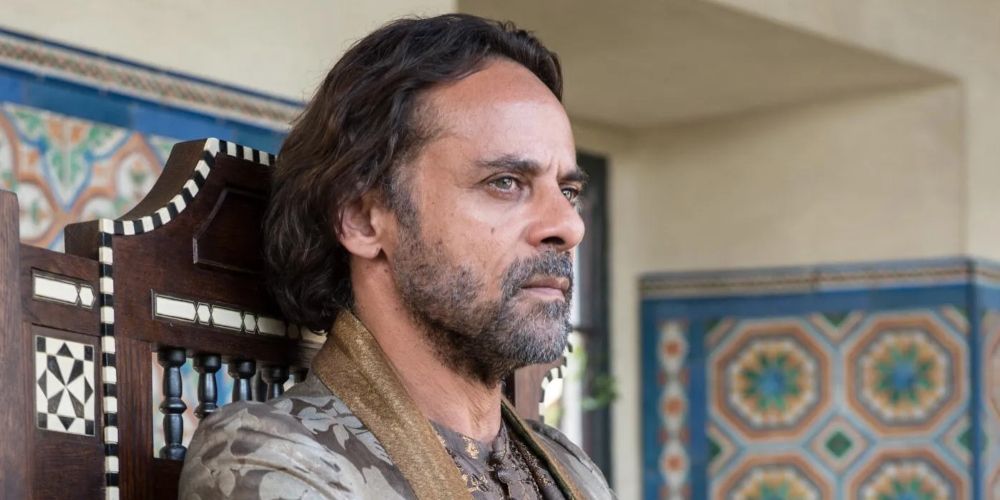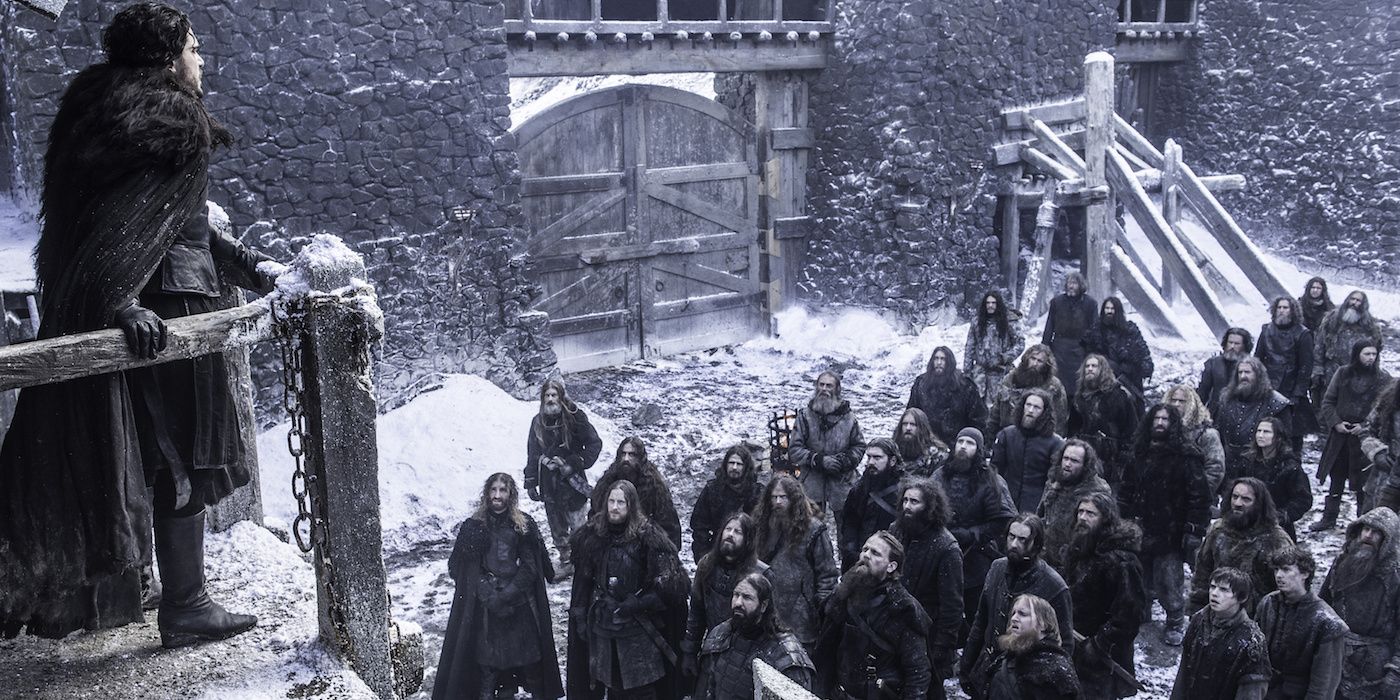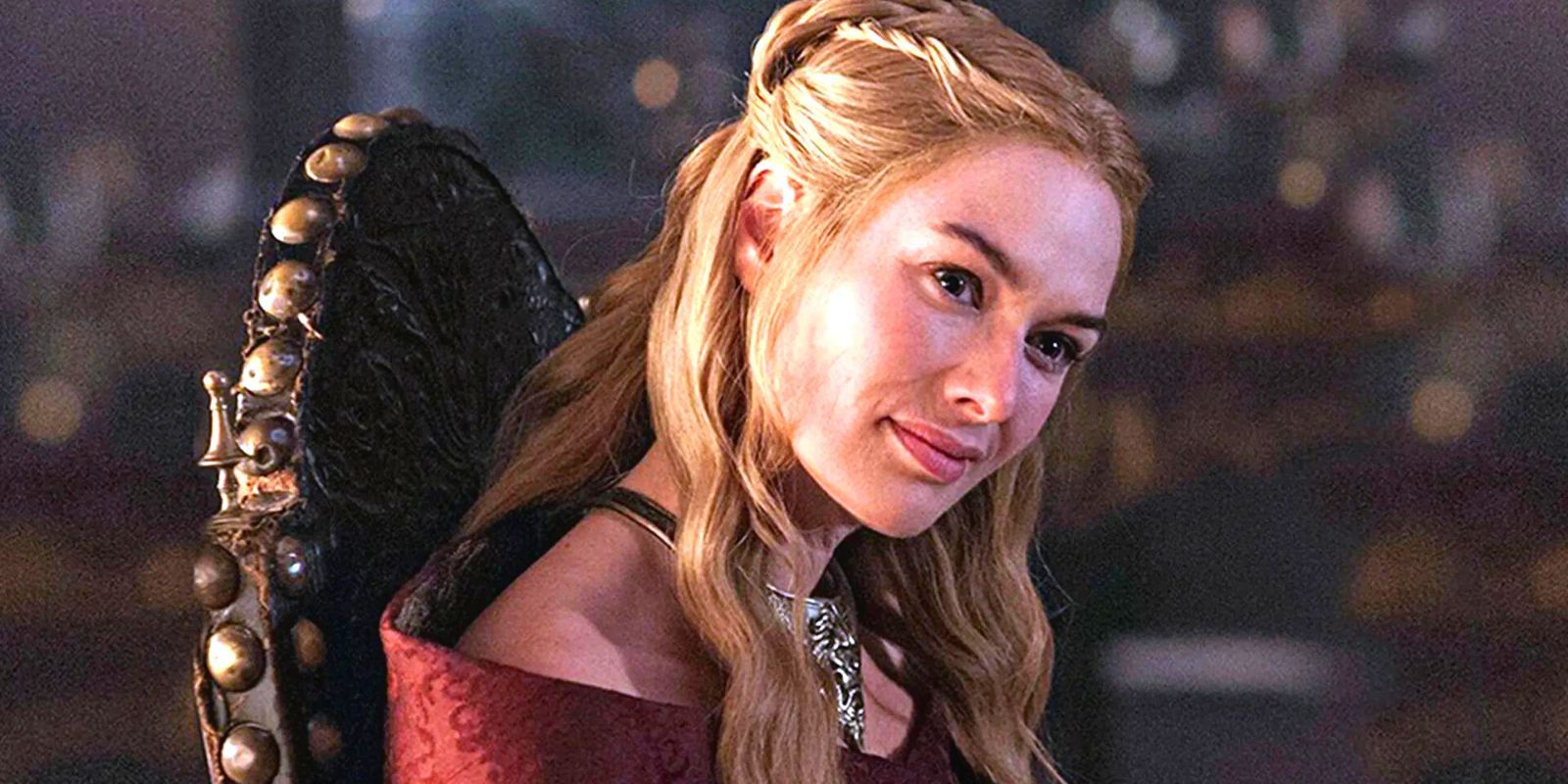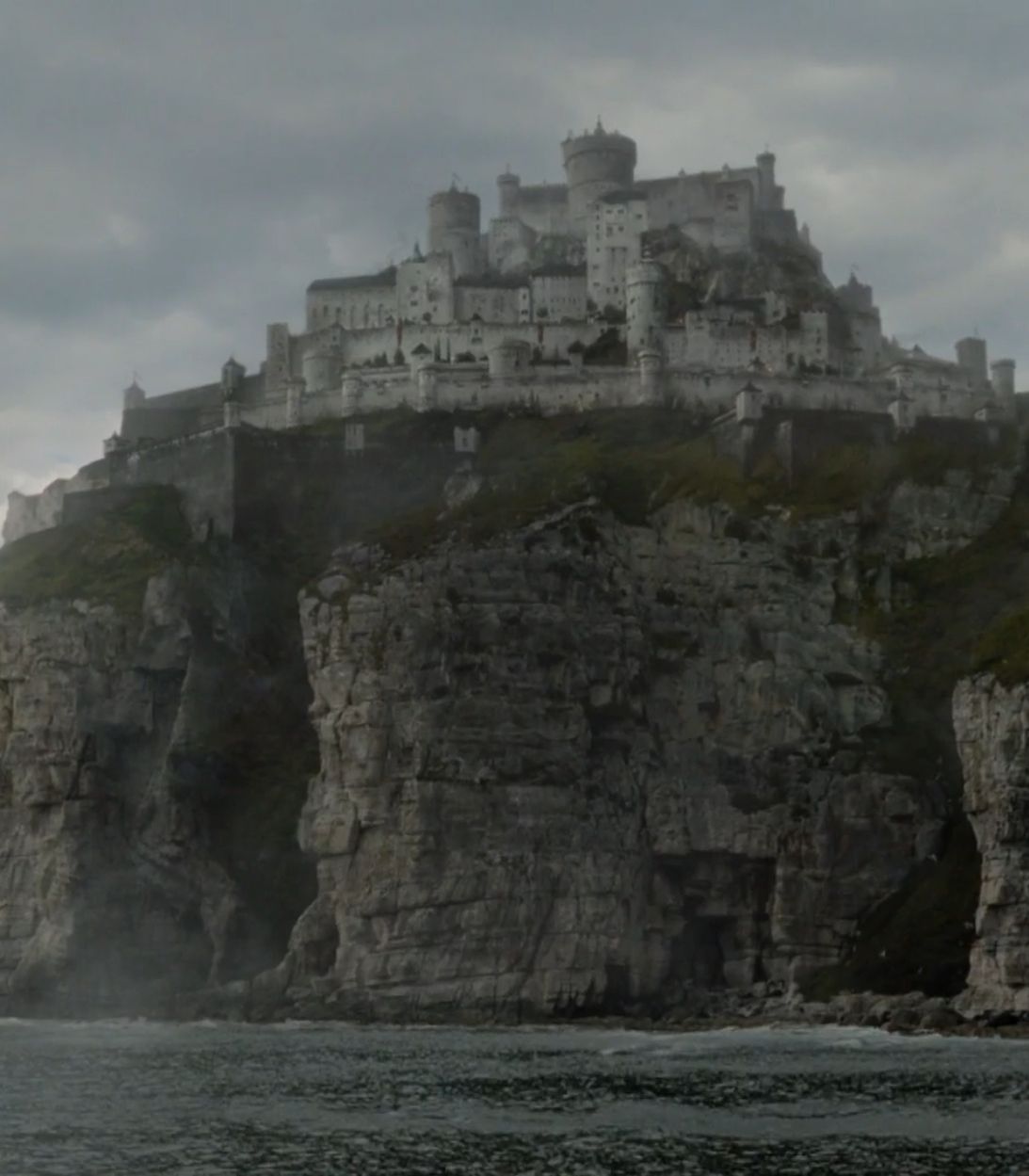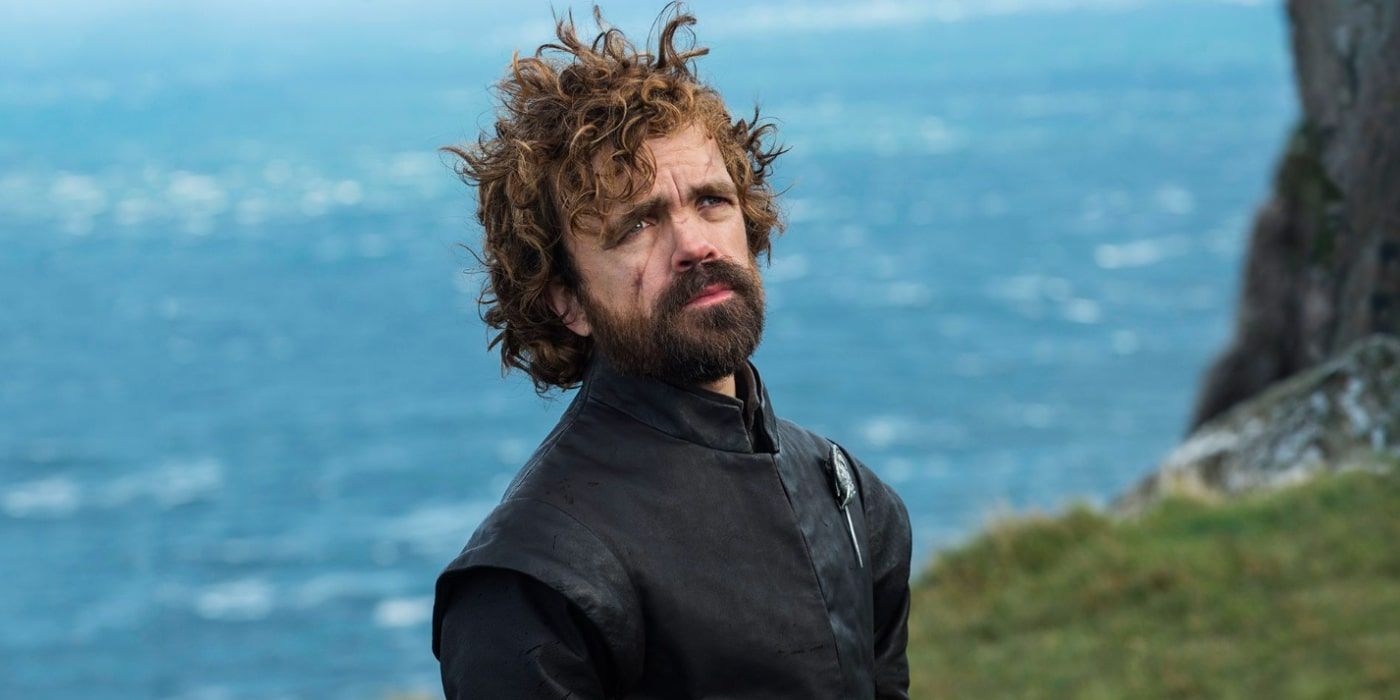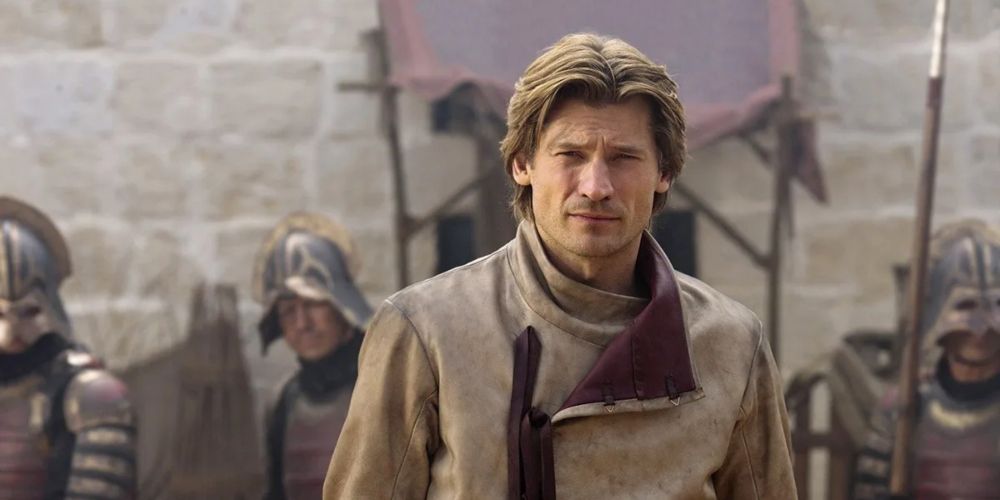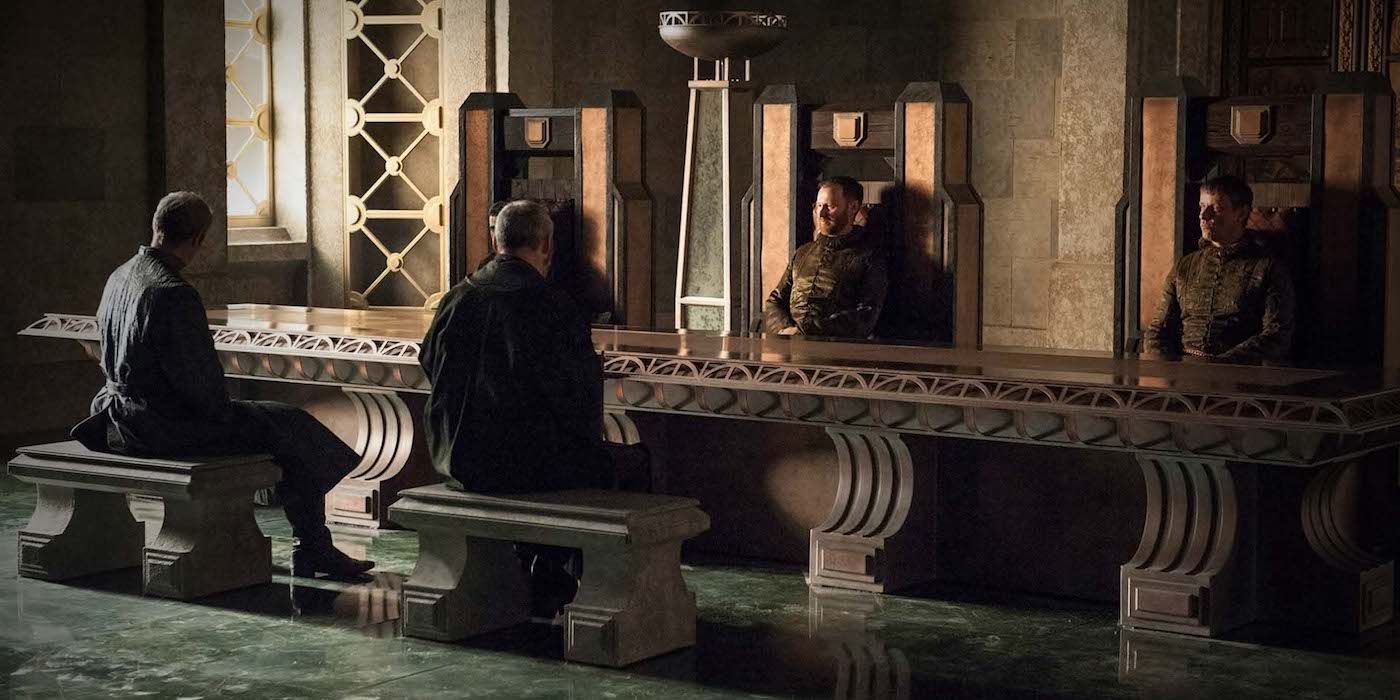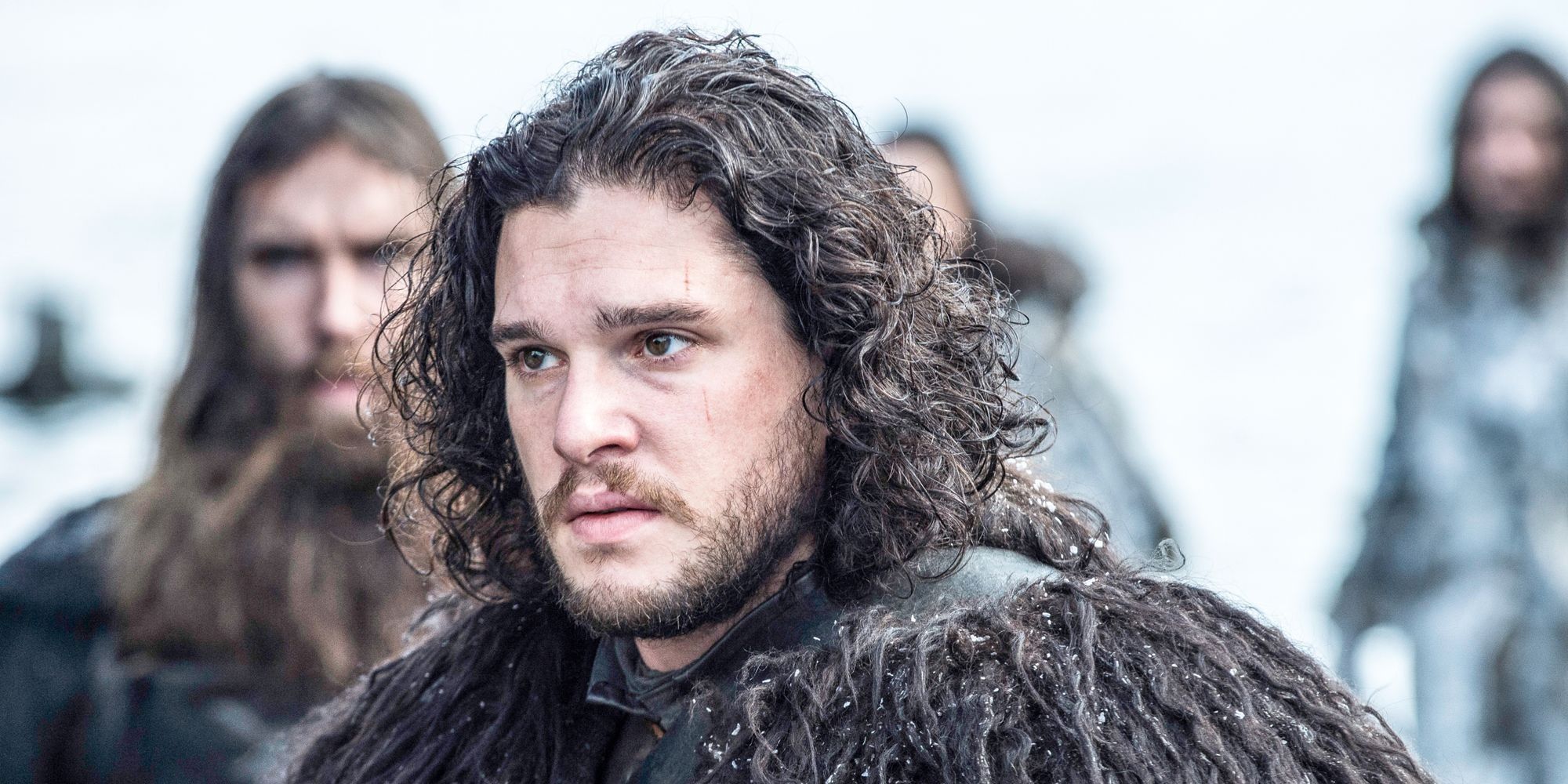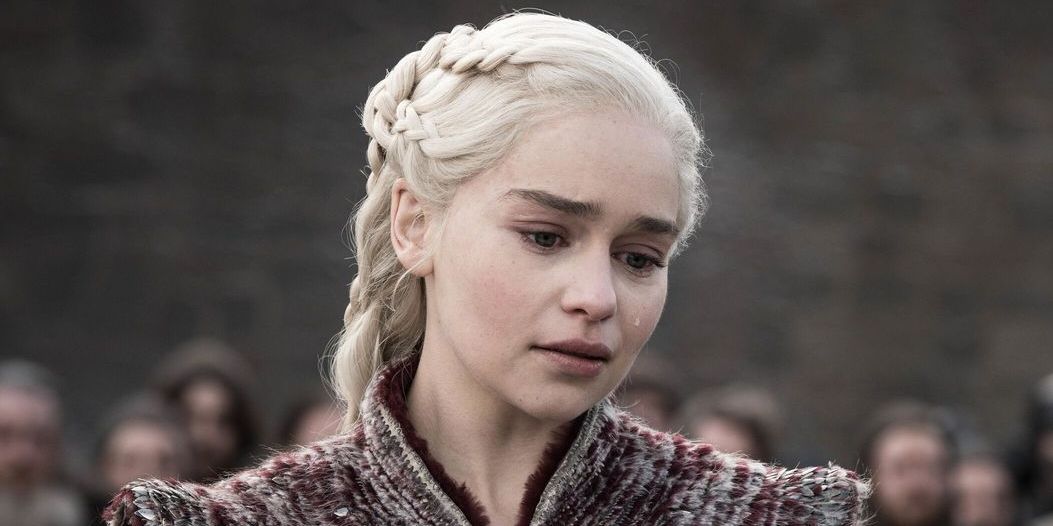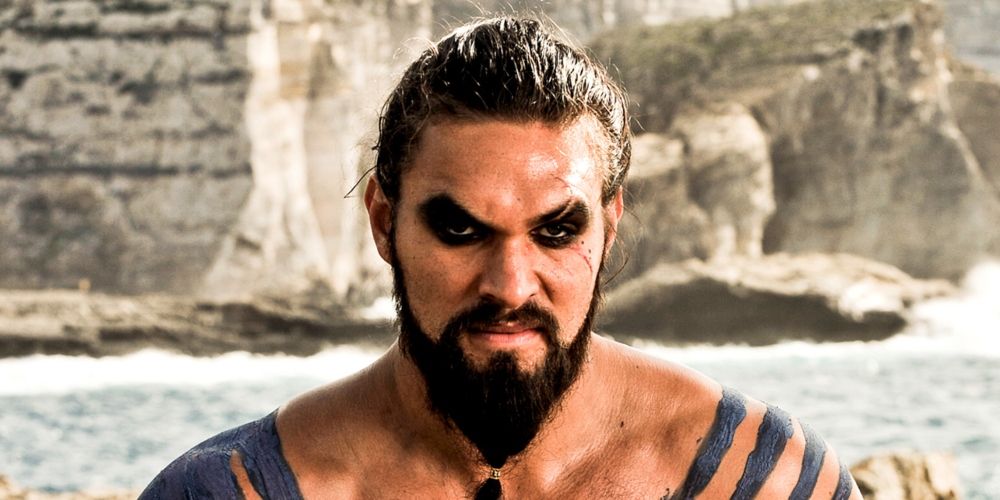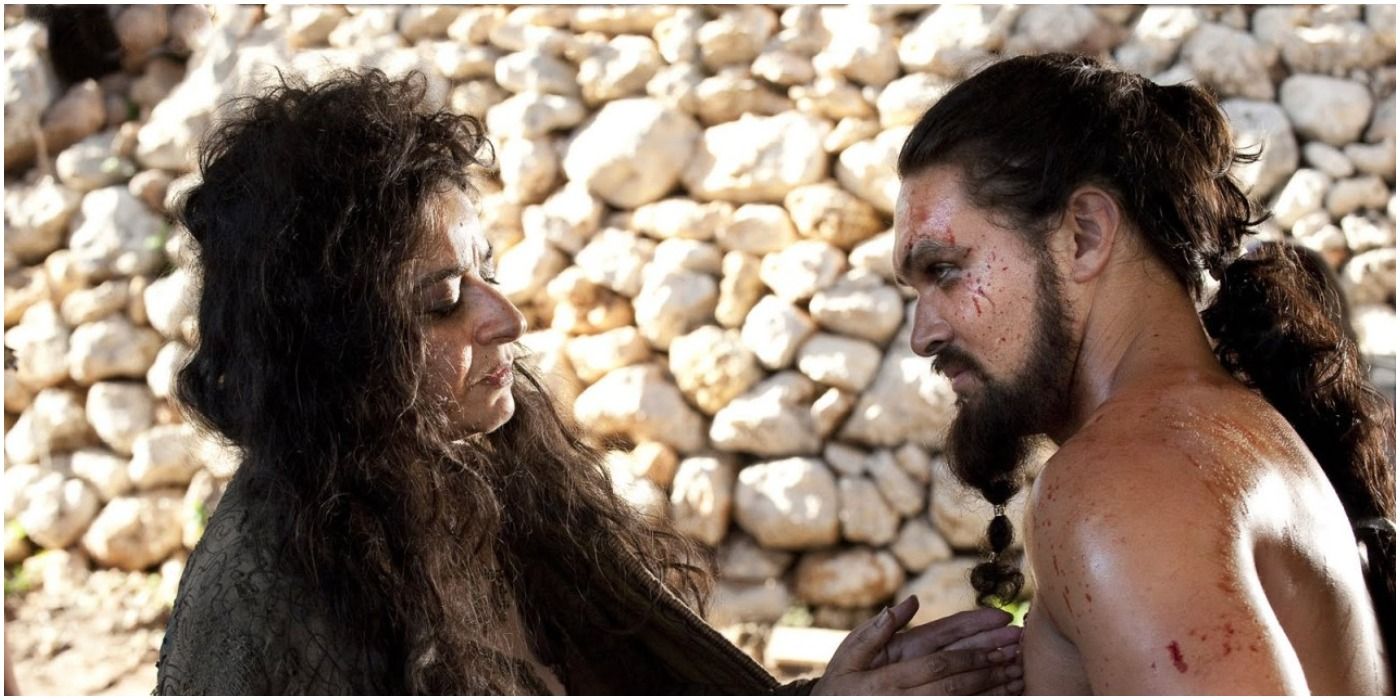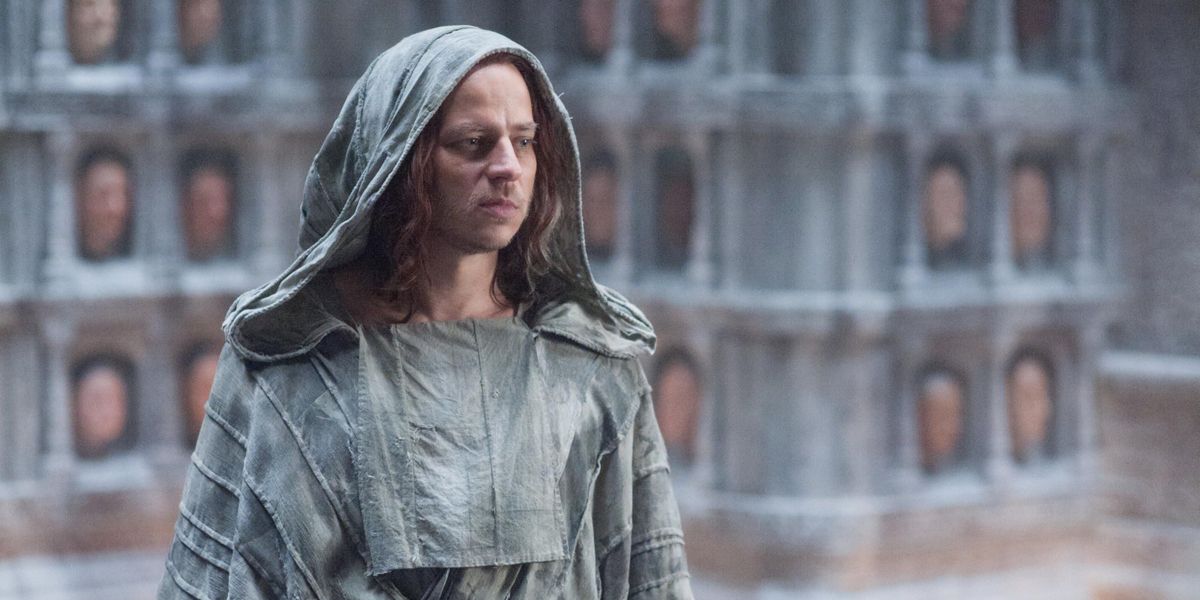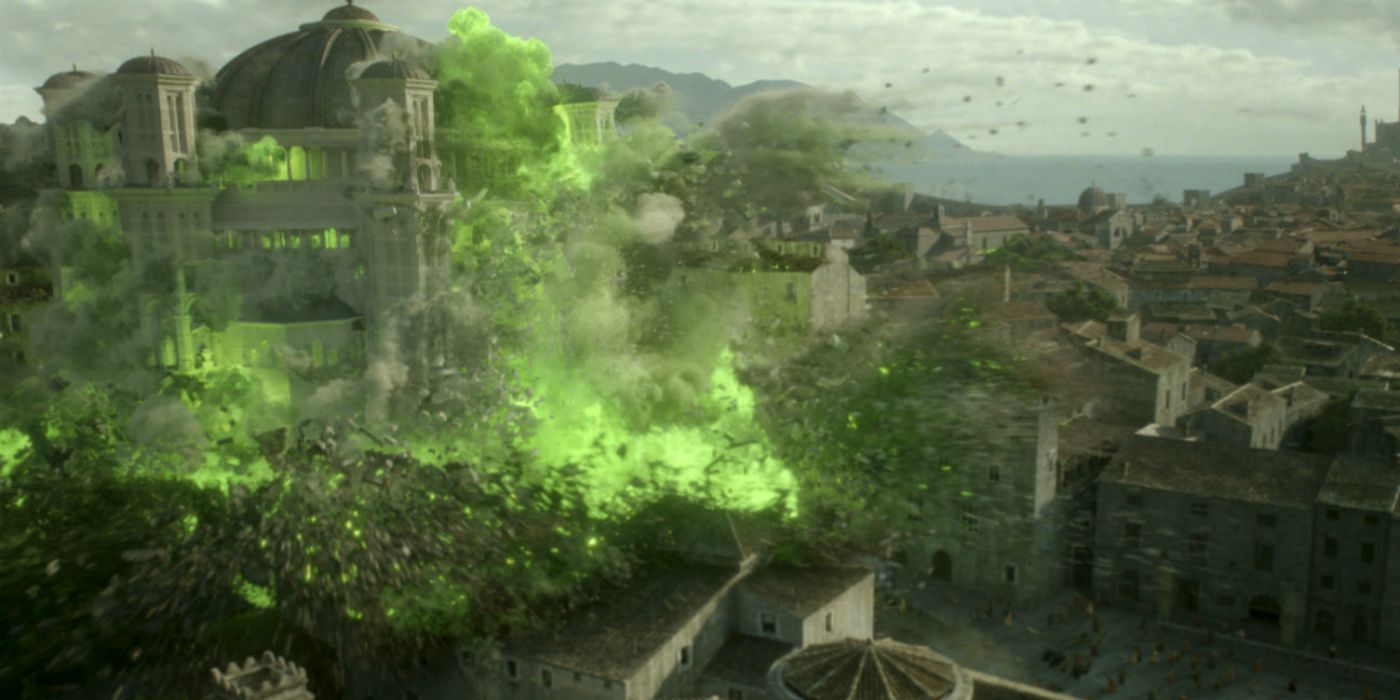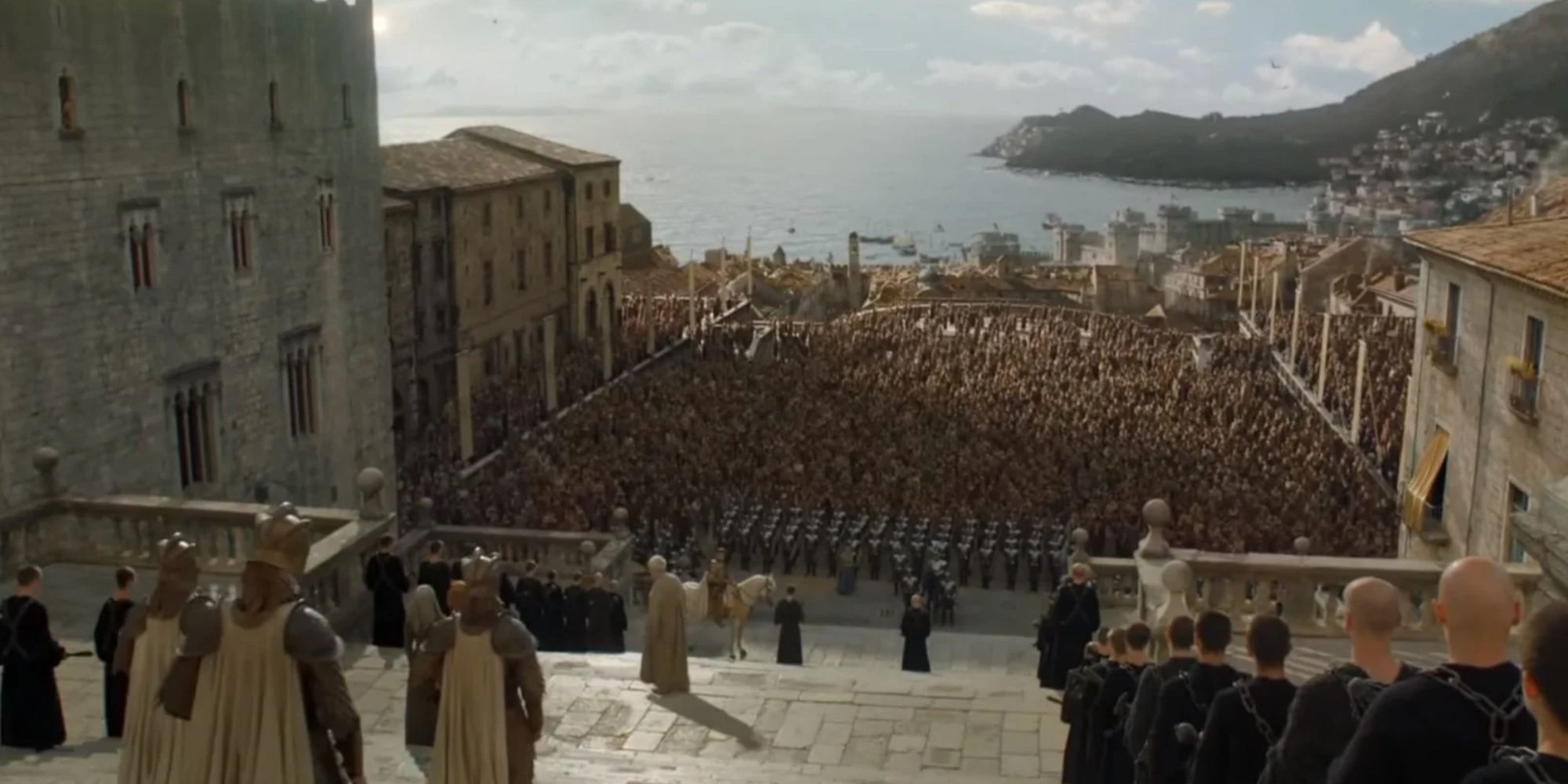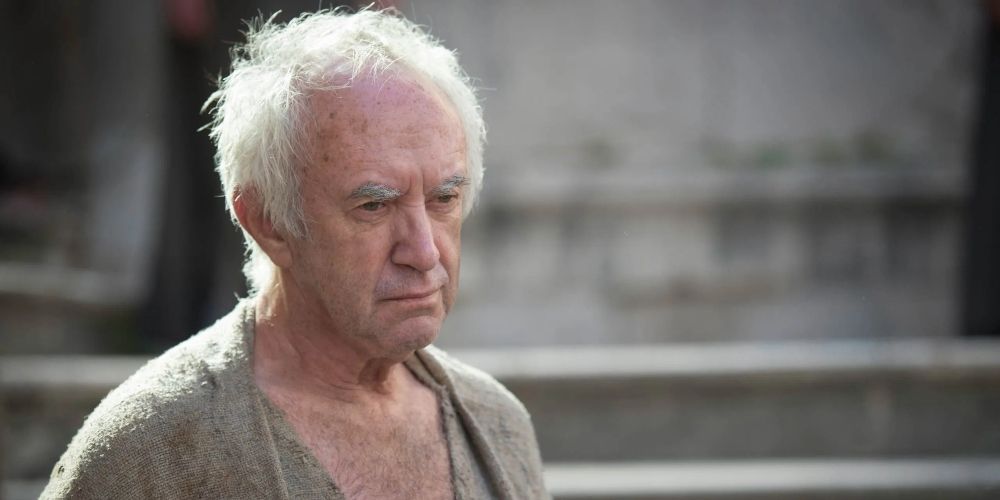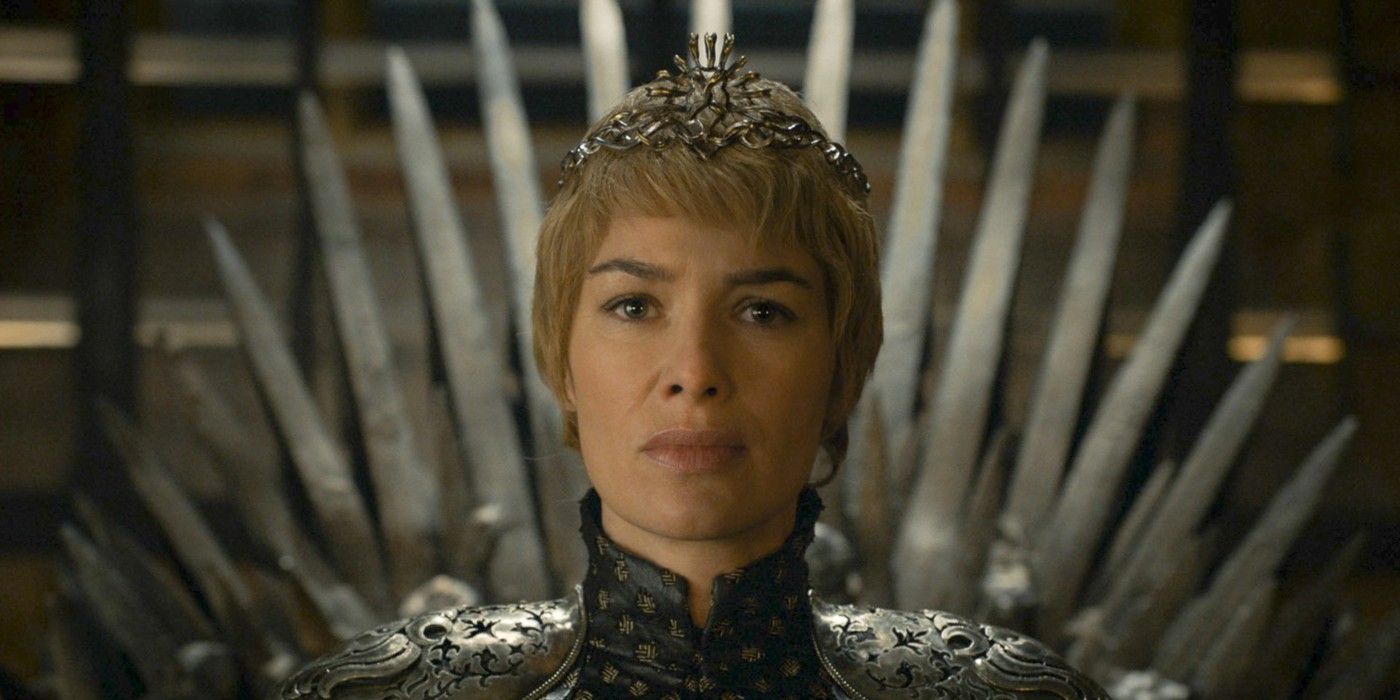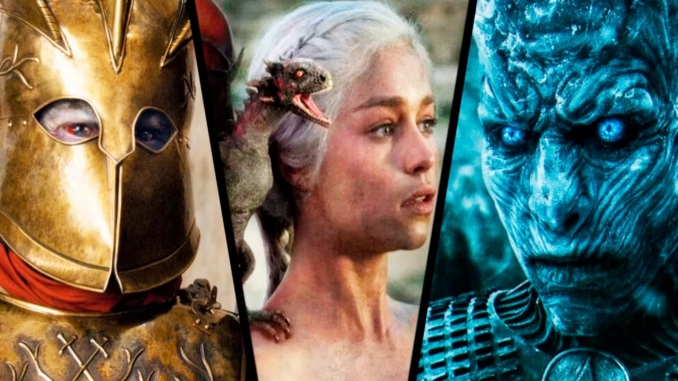
With such a limited time span to conclude the series in its final seasons, there are some stories that Game of Thrones completely forgot to conclude.
In the years since its release, the ending of Game of Thrones has been ridiculed past the point of comprehension. Every aspect of Season 8 has been picked apart and lambasted for failing to conclude a beloved and world-renowned story properly. Every character’s decisions, fates, and even rights have been trampled over the years — from Arya’s journey to the West of Westeros to Jon’s tragic journey north and Daenerys’ sudden loss of self-control.
What many critics fail to note, however, is that some of the worst elements of the final season are not even shown on-screen. Instead, it is the elements that were completely forgotten before those final episodes. With the show having forgotten about major plot points, it completely failed to live up to expectations. In doing so, those forgotten elements ensured that the ending would never be satisfactory, even if all else had been suitable.
10.What Was the Point of Cersei’s Prophecy?
| First Introduced in | Season 5, Episode 1, “The Wars to Come” |
|---|---|
| Last Mentioned in | Season 5, Episode 1, “The Wars to Come” |
Game of Thrones Season 5 attempted to explain away Cersei’s ever-increasing paranoia by introducing a prophecy. After she spoke with a witch, Maggy the Frog, a young Cersei learned that all three of her children would die and that she would eventually be replaced. It was a prophecy that did eventually come true, but one part of the prophecy did not.
Despite Cersei’s general increase in paranoia, the prophecy was never truly returned. It did not even make sense when it was originally released. After all, Cersei had four children, not three. The “younger, more beautiful” queen also could have been Daenerys, but she never actually claimed the Iron Throne. Similarly, Cersei was not replaced by Daenerys, who immediately died. It is just another plot thread that even Cersei forgot.
9.What Happened To Meera?
| First Introduced in | Season 3, Episode 2, “Dark Wings, Dark Words” |
|---|---|
| Last Mentioned in | Season 7, Episode 4, “The Spoils of War” |
Meera Reed was a warrior. When she, Jojen, Bran, and Hodor went beyond the Wall, she and Hodor were their lasting protectors. She watched her brother give her life for Bran, and she and the Reeds insisted that they were sworn to the Starks. Yet, in Season 8, she never even appeared.
Meera rightfully abandoned Bran, after he expressed no remorse for the death of her brother and Hodor. Her lack of inclusion, however, was absurd. After all, Meera was a warrior with an army that would respond if she called the banners. With the Night King at their doorstep, it was downright irresponsible not to return for the Long Night. The only explanation is a dropped plot.
8.Qarth Was Completely Ignored
| First Introduced in | Season 2, Episode 4, “Garden of Bones” |
|---|---|
| Last Mentioned in | Season 8, Episode 6, “The Iron Throne” |
Qarth was always a strange location. It was filled with some of the more magically-oriented characters in Game of Thrones, who were all capable of crafting illusions, seeing the future, and spreading prophecies. Daenerys made an enemy of their people, but they never came back into prominence after she left Qarth.
Outside of an off-handed mention of deposing dictators in the final season, Qarth was nothing more than a passing memory. It should have been a definitive moment for Daenerys, but it never comes into prominence. She never returns, never truly discusses it, and never considers its warnings. Realistically, Qarth should have sent an emissary to Westeros to warn against her. Instead, nothing happened.
7.The Dornish Plot Never Had Any Resolution
| First Introduced in | Season 4, Episode 1, “Two Swords” |
|---|---|
| Last Mentioned in | Season 8, Episode 6, “The Iron Throne” |
The Dorne plot, despite taking up a massive portion of Seasons 4 and 5, was completely dropped by the final season. A once-thoroughly developed but disappointing plot, Dorne could easily have played an important role in the show. After all, it was one of only a few armies that hadn’t been decimated by Westeros’ wars.
Instead, the Dornish plot faded into the background. After many of the Martells were killed, the resolution never truly came. The final episode saw a random and nameless Dornishman claiming to be their lord and prince, but he had never before appeared in the show. Massive moments of political upheaval are usually covered in the show, but the Dornish prince’s rise to power was completely ignored. It could have been a compelling plot, but it was just unfinished.
6.What Does the Night’s Watch Do Now?
| First Introduced in | Season 1, Episode 1: “Winter Is Coming” |
|---|---|
| Last Mentioned in | Season 8, Episode 6, “The Iron Throne” |
In every season of the show, members of the Night’s Watch were prominent characters in the show. Jon Snow, Sam Tarley, and the various survivors were recurring and important elements. In the final season, however, the entire concept of the Night’s Watch was thrown away.
Instead of showing how the Night’s Watch would recover — and what they intend to do now — the show simply stated that they still exist. There is no mention of what their purpose is now, nor why the kingdoms continue to put up with them. All criticism of the Watch is ignored, and Jon is simply sent into exile. It is a bizarre omission that fails to consider the political and practical reality of Westeros.
5.The Lannisters Have No Money
| First Introduced in | Season 4, Episode 5, “First of His Name” |
|---|---|
| Last Mentioned in | Season 4, Episode 5, “First of His Name” |
The Lannisters pay their debts. It is a concept at the core of the House’s reputation. Greed is one of the central traits of House Lannister, but it seemed that their money was going to run out after Season 4. Tywin explains to Cersei that the mines in Casterly Rock are empty, and they have no money left.
That should have been an issue that the Lannisters discuss among themselves often. Cersei, Jaime, and Tyrion should all have worried about their coffers. Instead, the issue was dropped. It was something that really should have been a driving storyline, hinting at the fall of the Lannister empire. Yet, absolutely nothing happened. The Lannisters continue working to repay debt and nothing else changes.
4.The Iron Bank’s Interest in Westeros
| First Introduced in | Season 3, Episode 3, “Walk of Punishment” |
|---|---|
| Last Mentioned in | Season 7, Episode 4, “The Spoils of War” |
While the Lannisters repay their debts, the Iron Bank never lets a debt go unpaid. They are a bank capable of toppling entire regimes in pursuit of wealth. Yet, while Littlefinger threw the realm into debt during his time as Master of Coin, the Iron Bank’s role was completely dropped by the time the final season premiered.
The Iron Bank should have been actively taking sides in the war against Cersei and Daenerys, but they never truly bothered. In Season 7, the Lannisters repay one debt and earn the right to take out more loans. Nothing at all comes from that. It would have been interesting to see the bank work to secure the Lannister regime so that their loans could be paid. Nothing happened, however, and the Iron Bank faded into the background with the rest of Essos.
3.Jon Hinted That Daenerys Could Still Have Children
| First Introduced in | Season 7, Episode 7, “The Dragon and the Wolf” |
|---|---|
| Last Mentioned in | Season 7, Episode 7, “The Dragon and the Wolf” |
After Khal Drogo’s infection and Mirri Maz Duur’s prophecy, Daenerys believed that she could no longer bear human children. She could hatch dragons, but she would never have biological heirs. It was something that she believed for multiple seasons, but Jon hinted that she should never have trusted someone like Mirri Maz Duur.
The explanation did not make much sense, since Mirri Maz Duur never told Daenerys that she could not have children in the show. All the same, it seemed that Jon was hinting that he and Daenerys could have kids of their own. Instead, Daenerys died before the issue could ever even be raised again. It was a bizarre inclusion that could have been compelling but went absolutely nowhere.
2.Why Was Jaqen H’ghar in the Black Cells?
| First Introduced in | Season 1, Episode 10, “Fire and Blood” |
|---|---|
| Last Hinted in | Season 6, Episode 8, “No One” |
Images have been shared from the pilot footage from the ill-fated Game of Thrones spinoff that HBO passed on.
The Faceless Men are a mysterious and compelling organization with hidden motives of their own. To appease their god, they offer euthanasia and assassination in equal amounts. Their assassination campaigns are especially horrifying, as they can steal any face and insert themselves into any location.
Jaqen H’ghar was the first Faceless Man to be introduced after Arya Stark found him in the Black Cells. Because the Black Cells are meant to contain the worst criminals in Westeros, they are all shipped off to the Wall. If Westeros knew that a Faceless Man was in the Black Cells, however, they never would have released him. The mystery of why he was there and what his plans were has never been revealed. Over time, the plot was dropped and forgotten as the Faceless Men faded from prominence.
1.Cersei Never Faced Consequences for the Sept of Baelor
| First Introduced in | Season 6, Episode 10, “The Winds of Winter” |
|---|---|
| Last Mentioned in | Season 7, Episode 5, “Eastwatch” |
The Sept of Baelor was once the holiest site in Westeros. Countless High Septons led coronations and other highly religious proceedings. That was why it was so horrific when Joffrey defiled the site by murdering Ned Stark there. Yet, after Cersei murdered countless lords, ladies, and worshipers at the Sept, she faced no consequences whatsoever.
The entire Tyrell line was cut short when Cersei destroyed the Sept. Her son died, the Queen was murdered, and the High Septon was burned alive. The explosion itself was incredibly compelling, but the aftermath was beyond disappointing. The peasants should have revolted immediately, just as they had when they stormed the Dragonpit while the Targaryens ruled. The show simply forgot to show any true consequences, which is a painful ending that hurt the long-term impact of the explosion.
